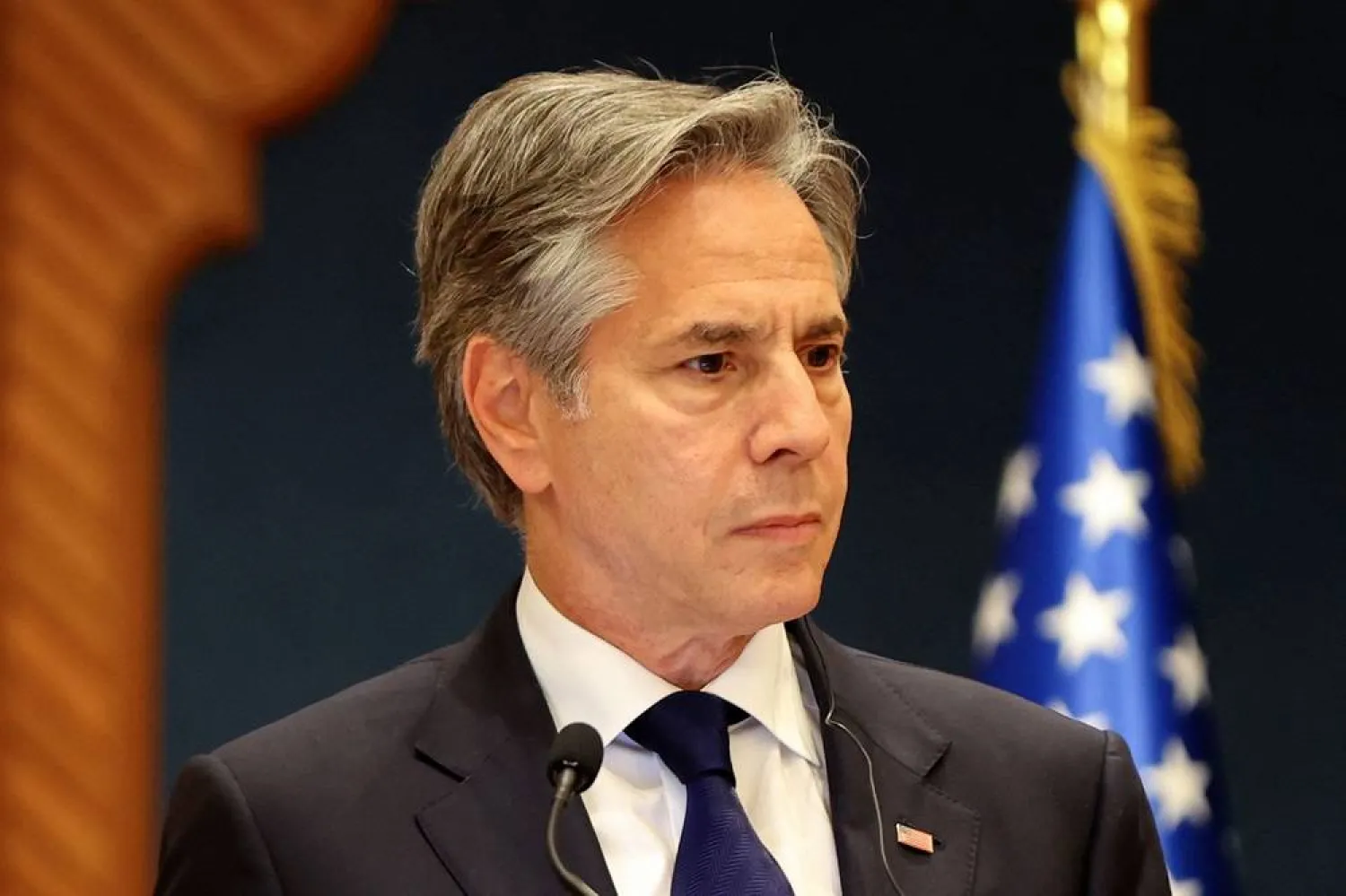Prime Minister Benjamin Netanyahu on Tuesday said that US Secretary of State Antony Blinken had assured him that the Biden administration was working to cancel restrictions on arms deliveries to Israel.
Netanyahu in a statement said that when he met US Secretary of State Antony Blinken last week, he expressed appreciation for the support the United States has given Israel since the start of the war against Palestinian group Hamas in October. But he also said it was "inconceivable that in the past few months, the administration has been withholding weapons and ammunitions to Israel."
Blinken, Netanyahu said, assured that the administration was working "day and night" to remove such bottlenecks.
"I certainly hope that's the case. It should be the case," Netanyahu said. "Give us the tools and we'll finish the job a lot faster."
President Joe Biden last month warned Israel that the US would stop supplying it weapons if Israeli forces make a major invasion of Rafah, a refugee-packed city in southern Gaza.
Days later, Israeli forces began an offensive in Rafah, saying Hamas fighters were hiding there and reiterating that eliminating Hamas and bringing back hostages were Israel's main goals.
On Monday, the Washington Post reported that two key Democrats in the US Congress have agreed to support a major arms sale to Israel that includes 50 F-15 fighter jets worth more than $18 billion.
Representative Gregory Meeks and Senator Ben Cardin, it said, have signed off on the deal under heavy pressure from the Biden administration after the two lawmakers had for months held up the sale.









